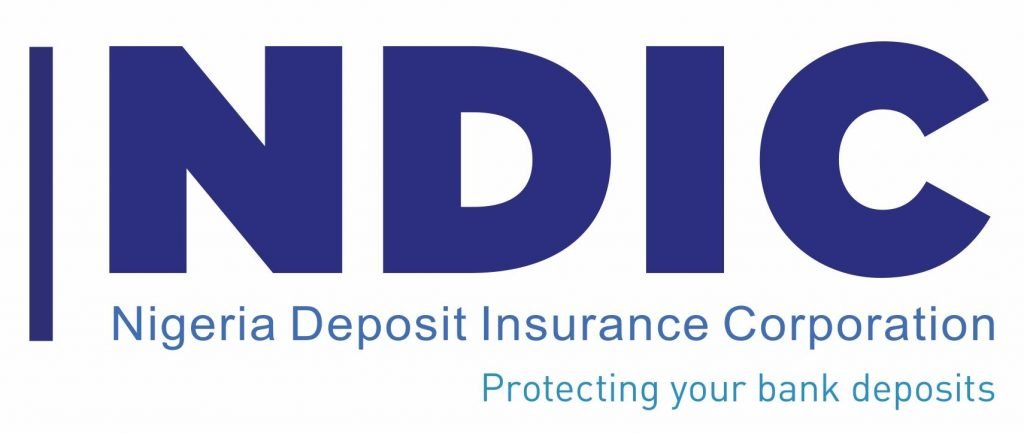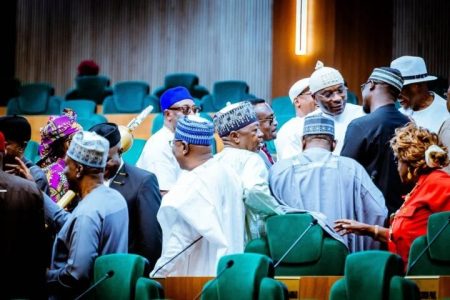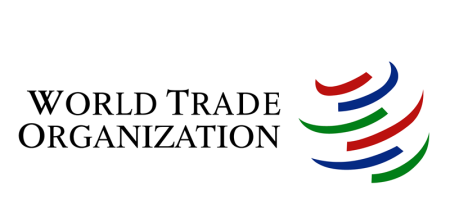The Nigeria Deposit Insurance Corporation (NDIC) is actively seeking stronger collaboration with the nation’s judicial system to address persistent legal obstacles hindering its mandate of protecting depositors and ensuring the stability of the banking sector. These challenges primarily revolve around protracted litigations and court orders that impede the NDIC’s ability to effectively resolve failed bank cases. This call for enhanced collaboration was made during a sensitization seminar organized for Federal High Court judges in Lagos, emphasizing the importance of a synergistic partnership between the NDIC and the National Judicial Institute (NJI) to bolster depositor confidence and maintain a robust financial system.
The NDIC, while acknowledging the judiciary’s past support, highlighted specific legal hurdles that continue to plague its operations. Despite achieving significant milestones, such as the swift closure of Heritage Bank, the Corporation faces issues like drawn-out legal proceedings, improper garnishee orders, and enforcement actions taken against its assets. These actions often stem from lawsuits filed against the NDIC concerning liabilities of banks under liquidation, even when the NDIC is acting within its core mandates of reimbursing insured deposits or functioning as a liquidator. The NDIC Act 2023, particularly Section 69, aims to protect the Corporation from such hindrances by restricting certain court orders and stipulating that claims against the NDIC in these scenarios should be limited to monetary damages capped at specific amounts, such as the insured deposit for depositors or the nominal share value for shareholders.
However, despite the provisions of the Act, court orders continue to restrict the NDIC’s discharge of its core mandate. Legal actions are being entertained against failed insured institutions and the NDIC without due process, contrary to the law. Furthermore, enforcement actions like garnishee orders or attachments against NDIC assets or those of failed institutions are being permitted by the courts, further complicating the resolution process. This necessitates a more consistent application of the NDIC Act 2023 by the judiciary to ensure the Corporation can operate effectively.
The NDIC emphasized that these legal challenges not only impede the timely resolution of failed bank cases but also erode public confidence in the deposit insurance system. Protracted litigations delay the disbursement of insured deposits to affected customers, creating financial hardship and uncertainty. Furthermore, the execution of judgments against NDIC assets diminishes the Corporation’s resources, weakening its ability to protect depositors and maintain the stability of the banking sector. The seminar was seen as a crucial step towards achieving a more effective working relationship with the judiciary and ensuring a common understanding of the legal framework governing the NDIC’s operations.
Representing the Chief Justice of Nigeria, Justice Inyang Okoro, Chairman of the NJI’s Education Committee, underscored the seminar’s significance in equipping judges with the necessary knowledge and tools to adjudicate financial disputes fairly and efficiently. He recognized the vital role of a stable and resilient financial system in driving economic prosperity, and highlighted the importance of an effective deposit insurance mechanism in achieving this stability. The judiciary, as the final arbiter in financial disputes, bears a critical responsibility in ensuring just, timely, and legally sound resolutions. The collaboration between the NDIC and the judiciary through such seminars is essential to ensure consistency in the interpretation and application of relevant laws.
Furthermore, Justice Okoro acknowledged the evolving landscape of the financial sector, with the rise of fintech and digital finance presenting new challenges for deposit insurance regulations and judicial adjudication. The emergence of decentralized finance adds another layer of complexity, requiring judicial officers to be proactive and forward-thinking in addressing these emerging issues. This reinforces the need for ongoing dialogue and collaboration between the NDIC and the judiciary to navigate the complexities of the modern financial landscape and ensure the deposit insurance system remains effective and relevant. This collaborative approach is crucial for maintaining public confidence in the banking system and safeguarding the interests of depositors in an increasingly dynamic financial environment.














